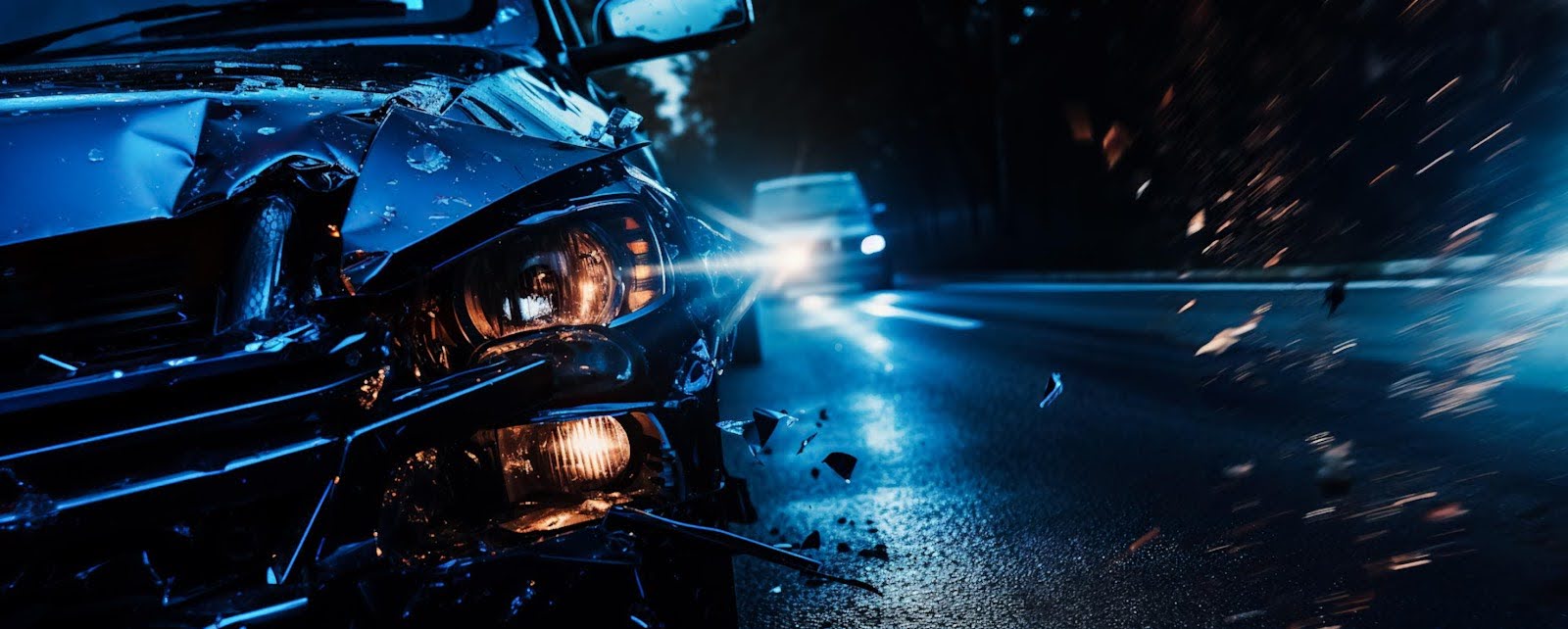Understanding ARS Reckless Driving: ARS 28-693

Facing criminal traffic charges is overwhelming. The legal system is complex and can be intimidating. Lawyer Listed is here to help. Understanding the specifics of the crime and the potential penalties if convicted are important steps in navigating the legal system.
This guide provides a detailed overview of Arizona criminal traffic laws. It explains key terms and the penalties for reckless driving Arizona charges. It also answers frequently asked questions about your charges.
Remember, this information is for educational purposes only and is not a substitute for legal advice from an experienced criminal defense attorney. If you are charged with a criminal traffic violation, let Lawyer Listed match you with your ideal Arizona criminal traffic defense lawyer as soon as possible.
What is ARS Reckless Driving?

Reckless Driving Elements
Reckless driving in Arizona is broadly defined and occurs when someone endangers people or property by operates a vehicle with reckless disregard. According to ARS 28-693, reckless driving involves the following elements:
- Driving
- Reckless disregard
- Danger to others or property
Driving
Generally, the prosecution must first prove that you were driving the vehicle. However, ARS 28‑693 also explicitly recognizes accomplice liability. This means that anyone who knowingly aids, encourages, or assists another person in committing reckless driving is equally guilty of the offense. Knowingly means the person is aware of their actions or of the circumstances that make up the offense. It does not require proof that they know their conduct is illegal — only that they are conscious of what they are doing or the situation they are in.
Reckless Disregard
Recklessness is defined as knowing about and deliberately ignoring a significant and unreasonable risk that your actions will lead to harmful results. This disregard must be a major departure from what a reasonable person would do in the same situation.
For purposes of reckless driving, the prosecution must prove that you drove in a way that shows you didn’t care about the safety of people or property.
Danger to Others or Property
Your conduct must create an immediate hazard to another person or property. The prosecutor must show that your driving behavior created a real and immediate risk of a collision or injury to a specific person or property. This requirement distinguishes reckless driving from routine traffic violations.
Sentencing for Reckless Driving

The penalties for reckless driving vary based on several factors, including your actions and your criminal history. The following table summarizes the potential consequences for reckless driving:
| Consequence | First Offense | Subsequent Offenses (within 24 months) |
|---|---|---|
| Classification | Class 2 misdemeanor | Class 1 misdemeanor |
| Jail Time | Up to 4 months | Up to 6 months (20 days mandatory minimum) |
| Probation | Up to 2 years | Up to 3 years |
| Fines | Up to $750, plus surcharges | Up to $2,500, plus surcharges |
| License Points | 8 points | 8 points |
| License Action | Possible 90-day suspension | Mandatory 1-year suspension |
| Criminal Record | Yes | Yes |
| Insurance Impact | Increased premiums | Increased premiums |
Prior Convictions
A prior conviction for reckless driving will enhance the sentence of a subsequent reckless driving conviction if committed within 24 months. A prior conviction for DUI, wrong‑way driving, racing, negligent homicide, or manslaughter, if committed within 24‑months, will also result in an enhanced reckless driving sentence.
Subsequent Offenses
Enhanced penalties for multiple convictions within a 24‑month period are based on when the offenses were committed — not when the convictions were entered. If you are charged with reckless driving for a second time, the court will compare the date of the new offense to the date of the earlier offense to determine whether they fall within the statutory 24‑month window.
The statute prevents enhanced repeat offender penalties for convictions arising from the same series of acts. This means that a single incident cannot result in multiple “prior” convictions for the purposes of repeat offender status. For example, if you were convicted of reckless driving, wrong-way driving, and DUI stemming from one driving incident, the prosecutor could not use the DUI and wrong-way driving convictions to enhance the sentence of the reckless driving conviction.
Arizona Driver License Points
Points will be added to your driving record following a conviction for a moving violation. If you are convicted of multiple violations during one driving incident, only the highest point value will be added to your record. Accumulating 8 or more points in 12 months can result in mandatory traffic survival school or a suspension of your license for up to 12 months.
Frequently Asked Questions (FAQs)

A: Aggressive driving requires a speeding violation plus multiple specific traffic violations. Reckless driving, under ARS 28‑693, is a broader charge that involves driving with reckless disregard for the safety of people or property.
A: No. You can’t be punished as a “repeat offender” if all your convictions come from the same incident. One event can’t be split into several “prior” convictions to make your sentence worse. The prosecutor cannot use the DUI to enhance the sentence of the reckless driving if they are both part of the same incident.
A: Aiding and abetting means you knowingly helped someone else commit the act of reckless driving. For example, encouraging a driver to speed excessively or facilitating a street race could be considered aiding and abetting reckless driving.
A: If you are sentenced to jail, a court may allow you to leave jail up to 12 hours per day, 5 days per week, for work or school obligations. The rest of the time must be spent in jail, and you can leave only for the actual hours needed for work or school.
A: To find the right lawyer for your case, follow these steps: schedule consultations, verify they are licensed and in good standing with the bar, research their experience, check their specialization, consult with other lawyers about their reputation, read client reviews, and ensure you feel comfortable with them.
Don’t worry if this seems overwhelming; Lawyer Listed has already done the work for you and is ready to match you with an elite lawyer tailored to your needs and your case.
Key Takeaways:

- Definition and Scope: In Arizona, reckless driving is a criminal traffic offense. It occurs when a motorist drives with reckless disregard for others or property.
- Elements of the Crime
- Driving: Driving is generally required to be convicted of reckless driving. However, the statute does allow for a conviction for knowingly helping, encouraging, or assisting someone to drive recklessly.
- Recklessness: Operating a vehicle in a way that shows you knew there was a serious, unreasonable risk of harm and chose to ignore it, showing no concern for the safety of people or property.
- Danger to Others: Creating a real, immediate risk of collision or injury to a specific person or property.
- Sentencing:
- First offense:
- Class 2 misdemeanor
- Jail: up to 4 months
- Probation: up to 2 years
- License suspension: possible 90-day suspension
- Subsequent offenses within 24 months:
- Class 1 misdemeanor
- Jail: up to 6 months with mandatory 20 days
- Probation: up to 3 years
- License suspension: mandatory 1-year suspension
- First offense:
Next Steps:

Arizona criminal traffic violations carry serious consequences. The charge of reckless driving and the resulting sentence depend on several factors. Lawyer Listed helps you understand the law and your rights to effectively get through this difficult situation.
If you’re facing a criminal traffic citation in Arizona, engaging a skilled Arizona criminal traffic attorney is essential to protect your rights and manage the process. Don’t try navigating the legal system alone; let Lawyer Listed match you with an experienced criminal defense lawyer right away.
